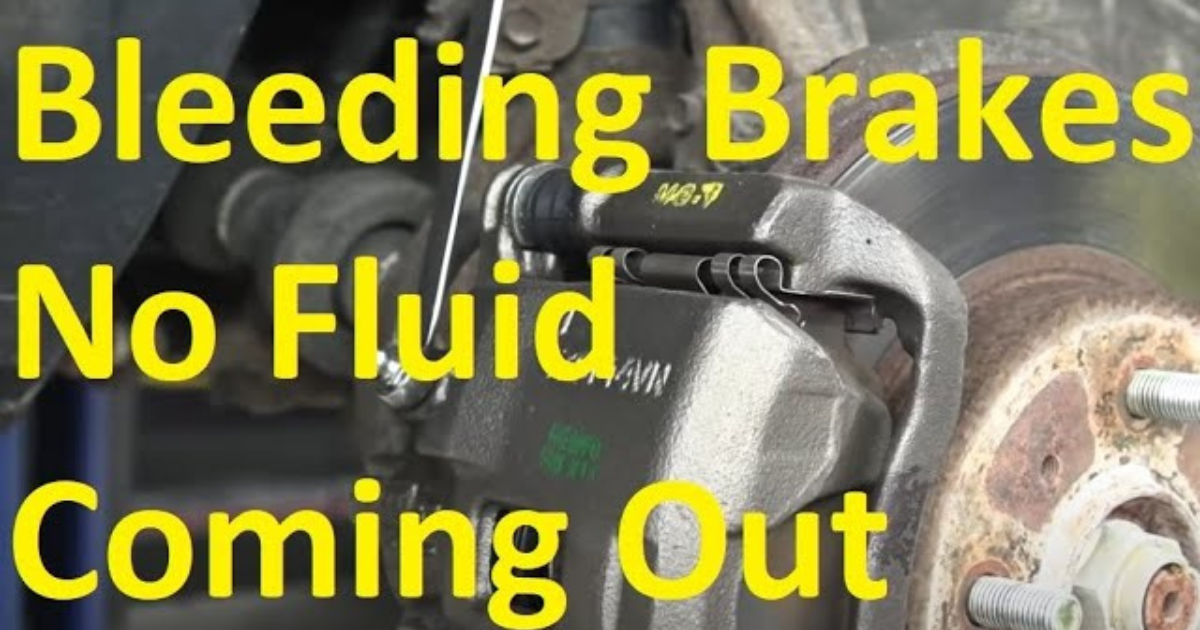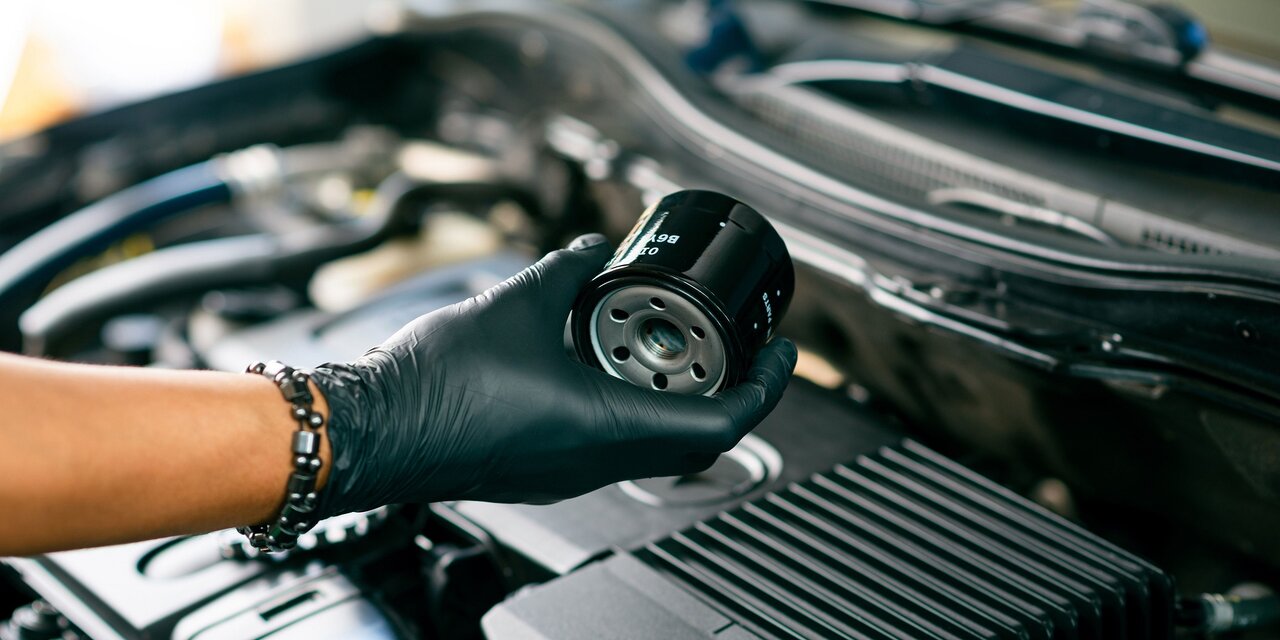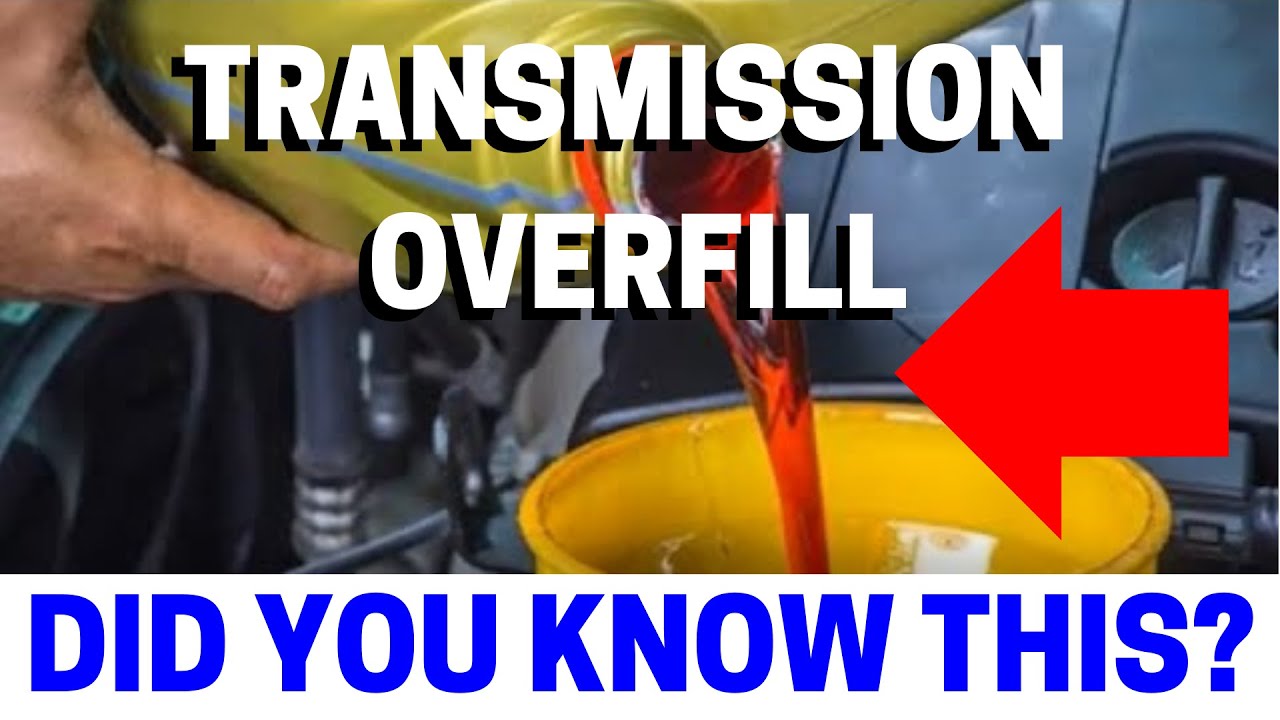When the brake pedal is not at the proper level, it is usual for brake-related issues to occur. A common complaint from vehicle owners is that the brakes no longer work as well as they did when they first got the vehicle. Bleeding the brake oil is the first step for the mechanic in this situation to remove any air bubbles.
The brake caliper might not get its braking fluid supply on time because of this. This reduces the level of the brake pedal and produces a delay in the braking operation. It may come as a surprise to you that bleeding the brakes does not release any fluid. Find out why bleeding the brakes doesn’t produce any fluid and how to fix it.
Why Doesn’t Brake Fluid Come Out When It Bleeds?
A problem exists if the bleeding port of the brake calliper does not releasing any brake fluid. Make sure you fix this issue before it becomes dangerous. This is why the brake isn’t bleeding:
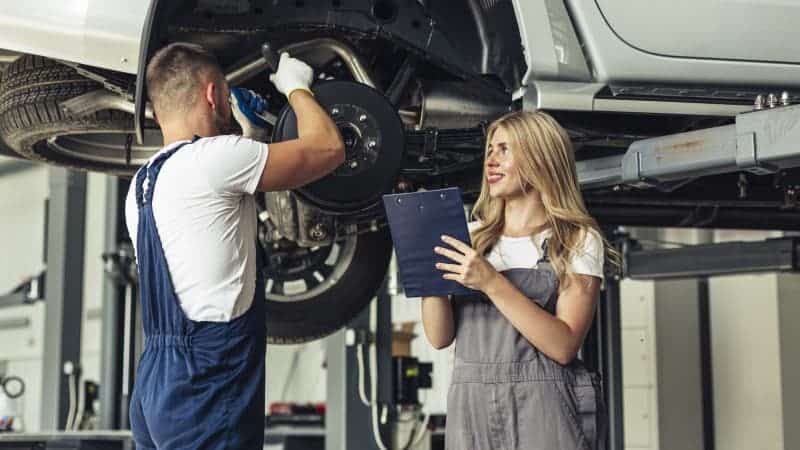
Accidental Bleeding Procedure
Despite how simple the task is, it must be executed flawlessly. If you do it incorrectly, and you bleed the brakes, no fluid will come out. It is possible that the individual bleeding the brake fluid is at fault, rather than the vehicle. You need to follow these steps for a bleeding job to be successful:
Duplicate effort is required for this task. While the other is bleeding, one must provide pressure to the brake circuit by pressing the pedal. In order to apply the brakes, the brakeman must pulse the pedal five or six times before pressing and holding.
Track down the bleeding screw while maintaining a firm grip on the brake pedal. It is important for the person bleeding to carefully unscrew the bleeding screw, let the oil to drain out, and then tighten the screw.
Follow the instructions in the handbook to check the levels of the brake fluid at the three dots (Dot 3, Dot 4, and Dot 5). Before going on to the next wheel, fill up the brake fluid if you see that it’s low.
To remove all air from a wheel, repeat the procedure three times.
How to Solve Brake Fluid That Doesn’t Come Out When It Bleeds
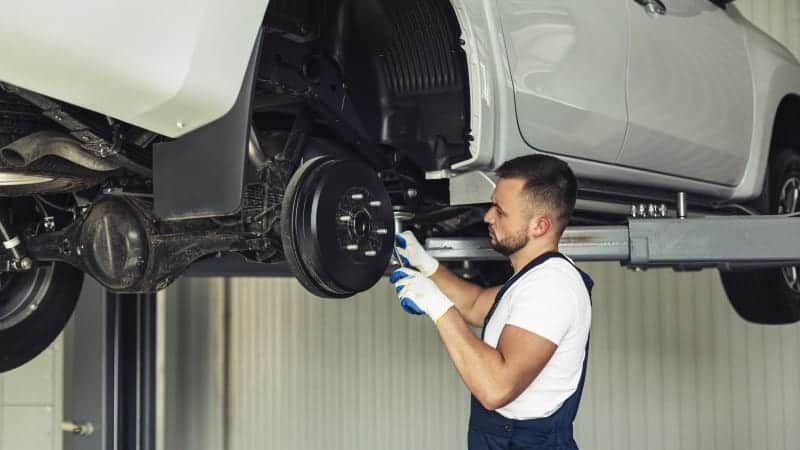
Always follow the correct bleeding procedure for the best results. If you’re having trouble hearing the master cylinder’s braking fluid, consider using the brake fluid recommended for your vehicle’s model.
Furthermore, to keep your vehicle’s braking system in good working order, never mix different kinds of brake fluid.
If one tire isn’t getting brake fluid or one caliper isn’t bleeding, the sliding pins could be the culprit. Changing them out is the way to go. Inspect the pistons of the brake calipers for signs of oil leaking.
Verify that the lines that supply the rear brakes with brake fluid are not clogged if the pressure on the brakes is not present. Corrosion can cause holes to form in these lines, allowing the brake fluid to flow out.
As a result, there will be zero pressure on the back wheels and no air bleed. Consequently, locate the source of the leak and replace the pipes without delay if necessary.
If you notice that the brake pedal is very light and neither the right nor the left front calipers are receiving any brake fluid, check for a broken or damaged flex hose and release any pressure in the brake system
Conclusion
Now we know that bleeding the brakes is crucial to getting the car’s braking power back. Make sure there is no leakage or ripped portion in the brake components by checking them frequently; otherwise, the brakes could fail while you’re driving. You should have a professional inspect your brakes to make sure they are in good operating order.

